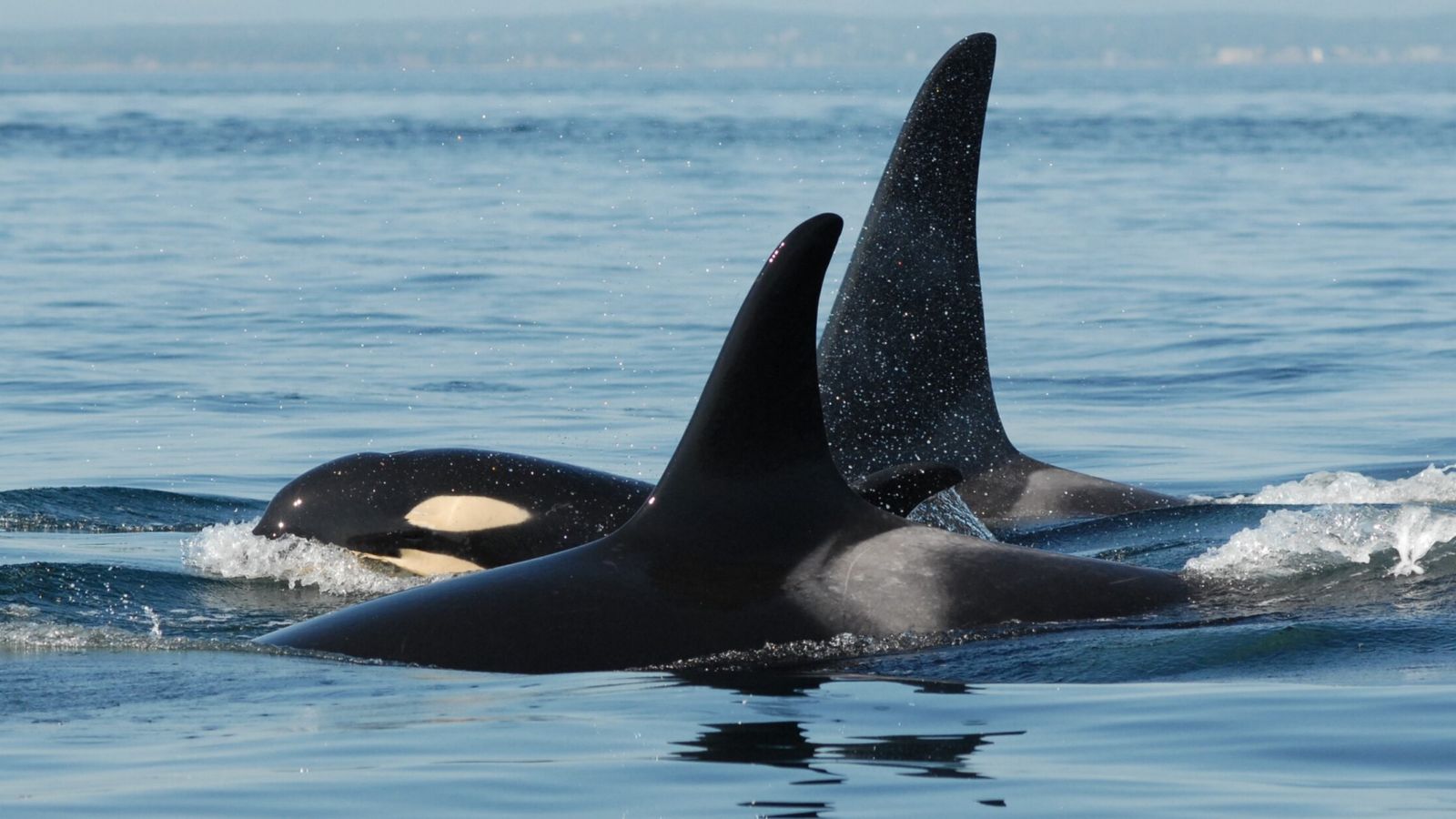Mums will do anything to support their children – and when it comes to orcas, it even extends to fending off bullies.
Female killer whales are known to be protective creatures, and spend much of their time helping their offspring.
Researchers have previously observed them sharing the fish they catch with their young, but now note that they also protect them from attacks by fellow orcas.
“It was striking to see how directed the social support was,” said animal behaviour scientist Darren Croft, noting how quickly orca mums took on a “policing role”.
The research was undertaken by a team at the University of Exeter, who studied a group of orcas off North America’s Pacific Northwest coast.
They live in matriarchal social units of a mother, her offspring, and the offspring of her daughters.
Male orcas will breed with whales from other pods – but both they and the females will stay in their unit of birth, alongside their mother, for life.
Mediator mums
Given killer whales have no predators, most of the protection offered by the mum will be against other orcas.
Using a photographic census by the Center for Whale Research, the team sought signs of injuries on each whale to determine just how crucial the mums were.
They found that if a given male’s mother was still alive and no longer reproducing, that male would have fewer tooth marks than his motherless peers or those with a mother who was still reproducing.
Given that post-menopause females had the lowest incidence of tooth marks, researchers do not think they tend to physically intervene in any fights.
Instead, mums may act as mediators to resolve potential scraps, with another study to come to explore this theory.
Charli Grimes, the study’s first author, said: “It’s possible that with age comes advanced social knowledge.
“Given these close mother-son associations, it could also be she is present in a situation of conflict, so can signal to her sons to avoid the risky behaviour they might be participating in.”
The findings were published in the journal Current Biology.

